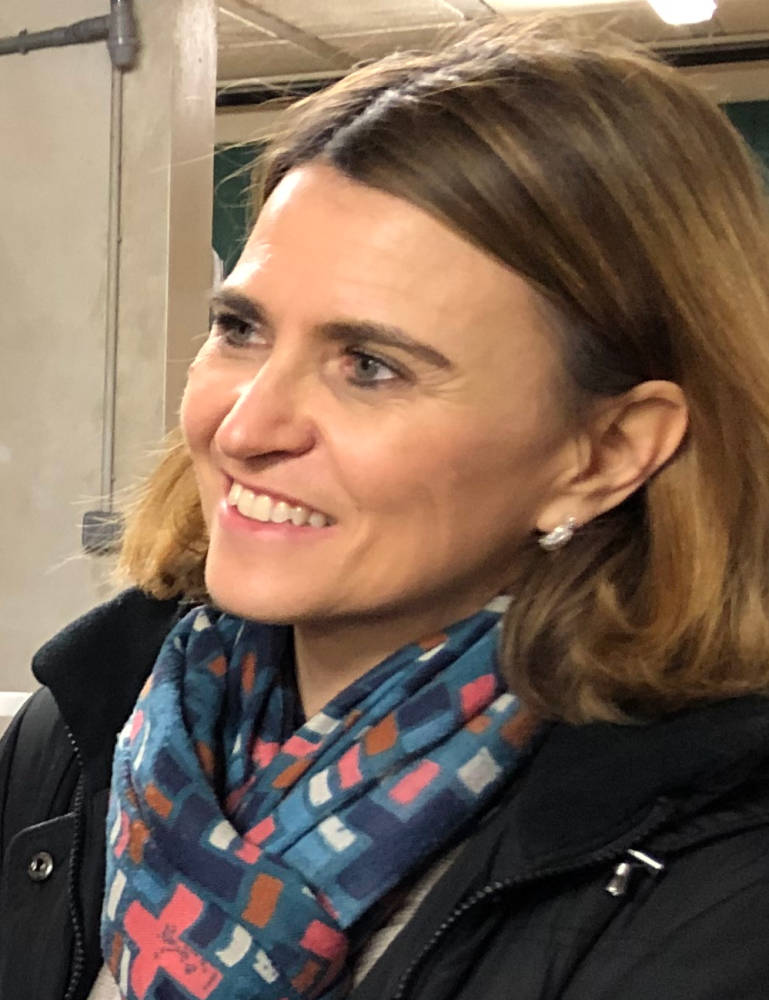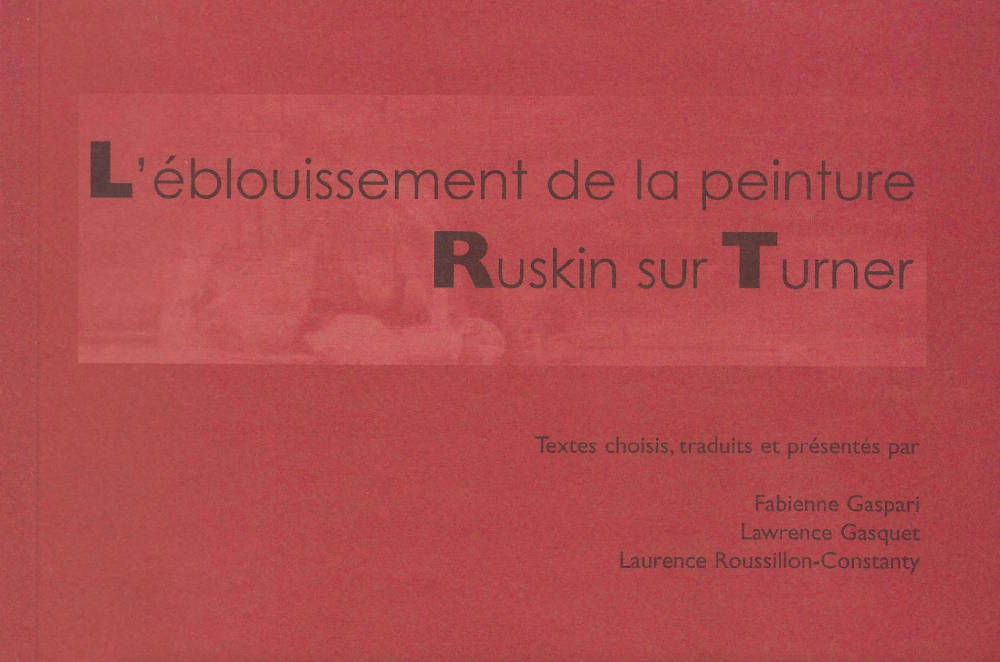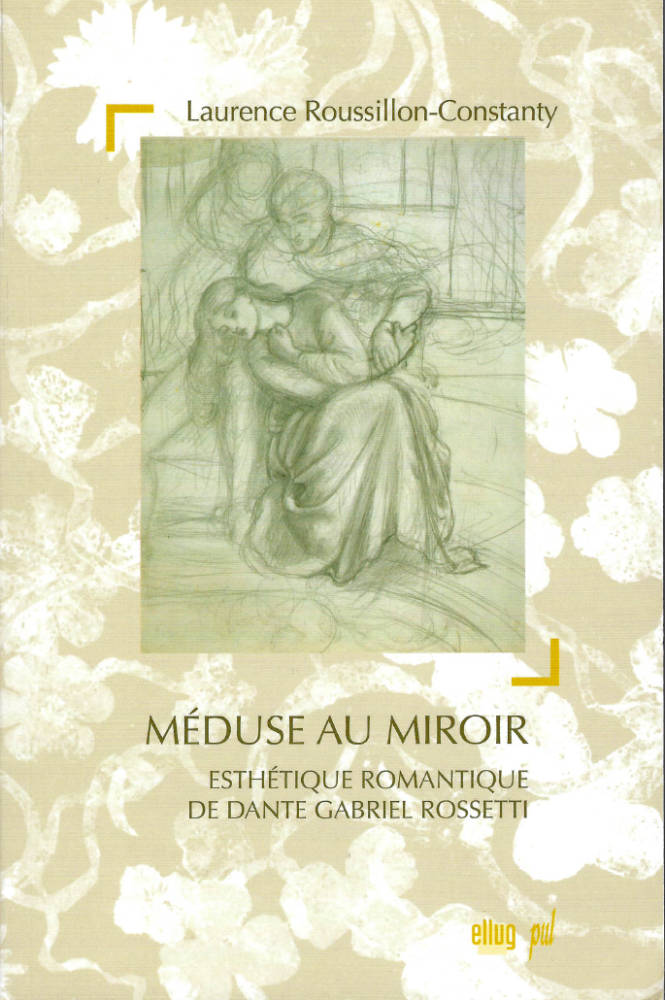
I came to Ruskin from the margins. The first reason is quite biographical: as a French student, I probably heard the name John Ruskin – and perhaps first read a few extracts from Modern Painters – back in 1992 when I found myself as an Erasmus Exchange Program placed in Reading (UK) under the supervision of several eminent teachers – among whom Barrie Bullen. I’d like to believe that I have fond memories of talking about Ruskin and the Pre-Raphaelites with Barrie then but I have to admit it only happened years later in Worcester…meanwhile I encountered Ruskin many times on the long road towards getting my PhD. My subject mainly focussed on Dante Gabriel Rossetti so my contact with Ruskin was a slightly prejudiced one as I figured he and Rossetti stood at opposite poles.
However, the first prolonged contact I had with Ruskin was when my brilliant colleague Professor Bertrand Rougé prompted me to translate a selection of texts from Modern Painters into French for a local publication at the Université of Pau. There were three of us involved (Lawrence Gasquet and Fabienne Gaspari) and it took two or three years for us to decide on the relevant text groupings we would translate so as to avoid the warped view one may get when reading Ruskin in extracts. The guiding example over those years for me was David Barrie’s great edition of Modern Painters (1987) and of course George Landow’s website, The Victorian Web.


Once I started translating Ruskin’s words, I somehow started sharing some of his views and realising it would take a lifetime to understand some of his more complex ideas and the thought was rather daunting. Nevertheless, through more translation (for the Victorian Web) and patient study, the dialogue has kept going and I find myself, like most Ruskin scholars, returning to Ruskin’s prose, forever pondering what it would have been like to be in his circle.
Last modified 2 October 2019